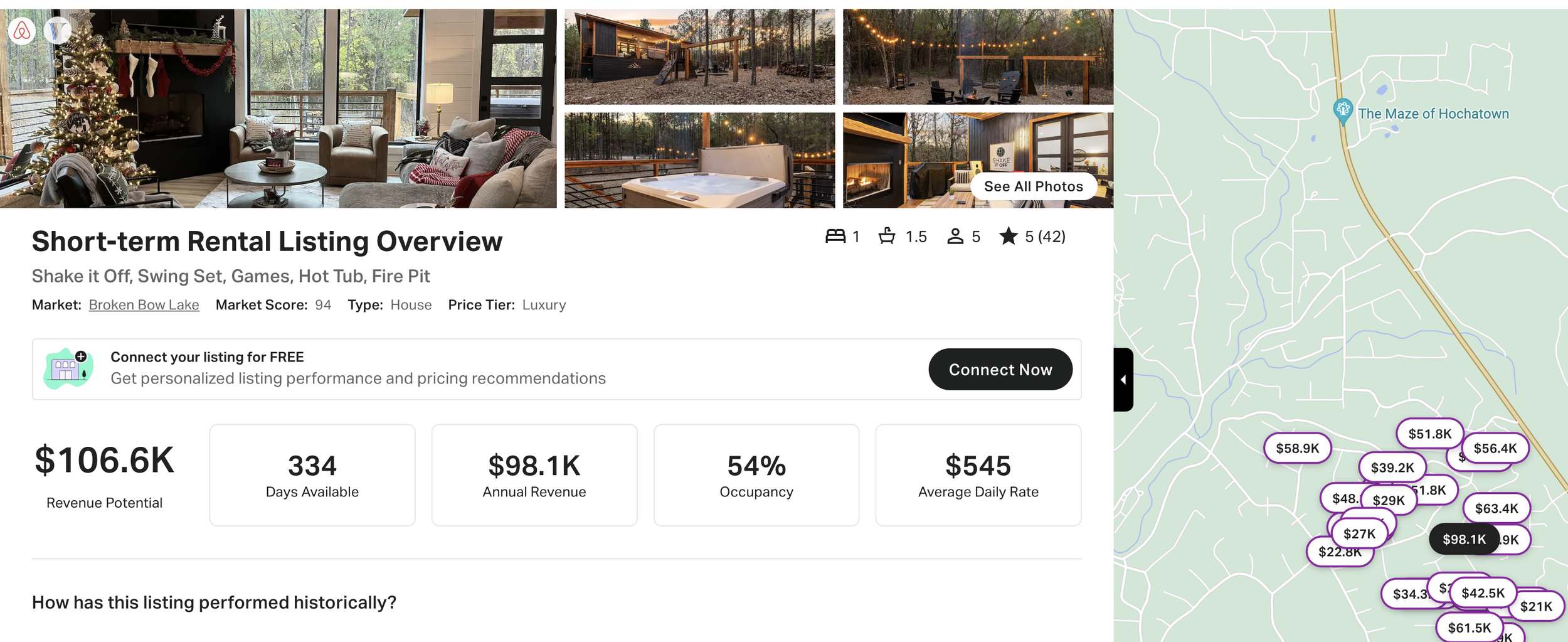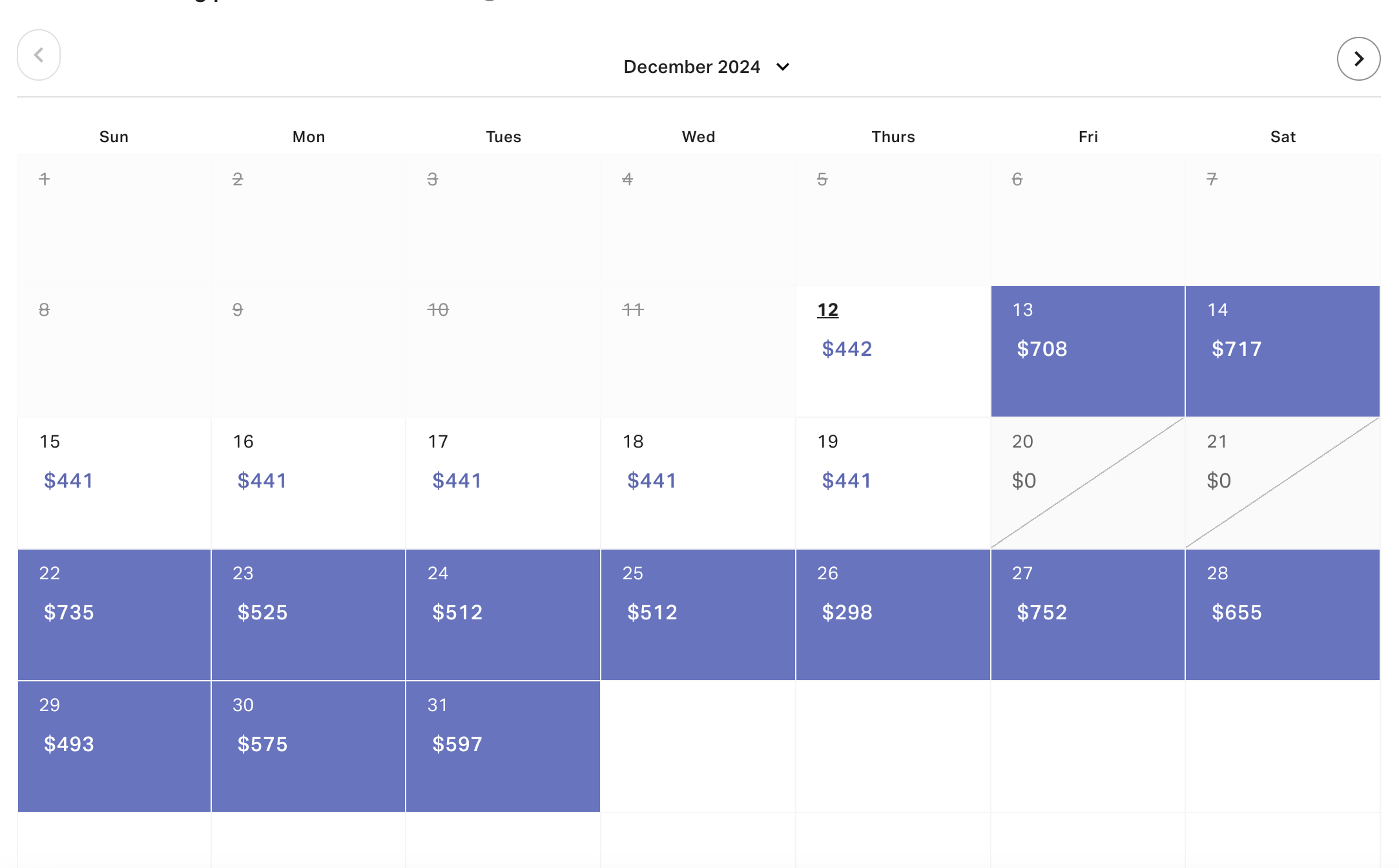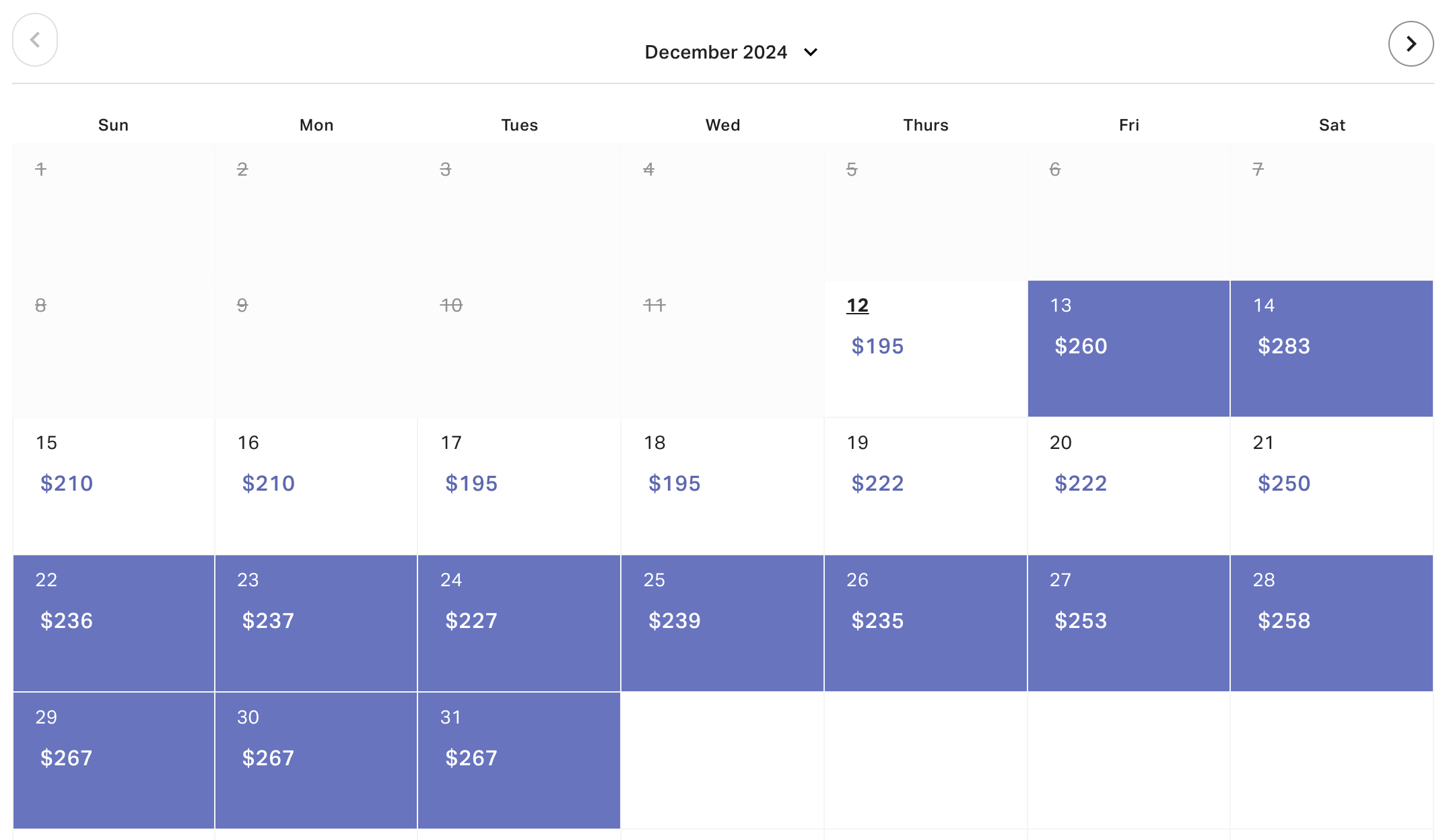Growing Your Airbnb Business: Strategies for Success
The short-term rental landscape in 2025 is more dynamic and competitive than ever. With travelers seeking unique experiences and Airbnb evolving into a comprehensive lifestyle platform, hosts must adopt advanced strategies to ensure sustainable growth and profitability. Whether you’re managing a single property or scaling a portfolio, the key to long-term Airbnb success lies in smart planning, operational excellence, and guest-centric marketing. This extended guide explores proven strategies for growing your Airbnb business, supported by expert insights and the latest industry trends.
1. Master the Guest Experience
Sell the Local Experience
Modern Airbnb guests are looking for more than just a place to sleep-they want an authentic, memorable stay that connects them with the local culture and community.
Curate Guidebooks: Provide up-to-date digital or printed guides highlighting local restaurants, attractions, and hidden gems.
Offer Experiences: Use Airbnb’s Experiences platform or partner with local businesses to provide unique activities, from guided hikes to cooking classes.
Personal Touches: Welcome guests with handwritten notes, local treats, or personalized recommendations. These details foster loyalty and positive reviews.
Respond Promptly and Personally
Quick, thoughtful communication is essential. Respond to inquiries and reviews promptly, addressing both praise and criticism. This demonstrates your commitment to hospitality and boosts your listing’s ranking in Airbnb’s algorithm5.
2. Optimize Your Listings for Maximum Conversion
Professional Photography and Staging
High-quality, well-lit photos are critical for making your listing stand out. Invest in professional photography and stage your property to highlight its best features, such as cozy reading nooks, scenic views, or luxurious amenities.
Compelling Descriptions
Write detailed, engaging descriptions that tell a story about the guest experience. Use descriptive language and relevant keywords to improve search visibility, and update your listing regularly to reflect seasonal changes or new amenities.
Highlight Unique Selling Points
Identify what sets your property apart-whether it’s a rooftop terrace, eco-friendly design, or proximity to major attractions-and showcase these features in your title, description, and photos.
3. Implement a Thoughtful Pricing Strategy
Dynamic Pricing Tools
Leverage dynamic pricing software to adjust rates based on local demand, seasonality, and special events. This ensures you remain competitive without leaving money on the table.
Daily/Weekly Adjustments: Let tools automatically update your rates to reflect market conditions.
Transparent Fees: Avoid nickel-and-dime guests with excessive charges for basics like cleaning or Wi-Fi. Transparent pricing builds trust and encourages bookings.
Minimum Stay Optimization
Adjust minimum stay requirements based on booking windows and market trends. For example, allow shorter stays during off-peak periods to maximize occupancy.
4. Scale Strategically and Sustainably
Expand Gradually
Scaling too quickly can lead to operational inefficiencies and reduced profitability. Analyze occupancy rates, profit margins, and guest feedback before adding new properties. Optimize existing listings to peak performance before expanding your portfolio3.
Choose Locations Wisely
Use data-driven tools like AirDNA to research high-demand, high-profitability markets. Focus on urban centers or tourist hotspots with strong year-round demand.
Monitor Key Performance Indicators (KPIs)
Track metrics such as occupancy rate, average nightly rate, RevPAR (Revenue Per Available Room), and guest satisfaction scores to assess business health and guide your growth strategy.
5. Embrace Automation and Smart Technology
Automate Operations
Adopt property management software to streamline bookings, guest communication, cleaning schedules, and maintenance. Automation reduces manual workload, minimizes errors, and allows you to focus on strategic growth.
Automated Messaging: Send pre-arrival instructions, check-in details, and review requests automatically.
Dynamic Pricing: Integrate pricing tools to adjust rates in real time.
Smart Home Technology
Install smart locks, thermostats, and security cameras to enhance guest convenience and safety while simplifying property management.
6. Promote Beyond Airbnb
Multi-Channel Marketing
Don’t rely solely on Airbnb for bookings. List your property on other major platforms such as VRBO, Booking.com, and Expedia to reach a wider audience2.
Direct Booking Website: Build your own website to accept direct reservations, reducing commission fees and building brand loyalty.
Social Media Presence: Use Instagram, Facebook, and TikTok to share photos, guest testimonials, and local tips. Paid ads and influencer collaborations can further expand your reach.
Leverage Local Partnerships
Collaborate with local businesses to offer exclusive deals or packages, such as discounted tours or restaurant vouchers. This not only enhances the guest experience but also increases your property’s visibility in the community.
7. Network and Learn from Others
Engage with the Host Community
Join local and online Airbnb host groups, attend real estate and hospitality conferences, and participate in webinars to exchange ideas and stay updated on industry trends. Networking can lead to new partnerships, investment opportunities, and valuable insights for improving your business.
Mentorship and Consulting
As your expertise grows, consider mentoring new hosts or offering consulting services. This can generate additional income and enhance your reputation as a leader in the Airbnb community.
8. Maintain Operational Excellence
Efficient Management of Multiple Listings
As your portfolio grows, managing multiple properties can become complex. Use centralized management systems to coordinate bookings, cleaning, and maintenance across all listings.
Team Building: Hire or contract reliable cleaners, maintenance staff, and property managers as needed.
Standard Operating Procedures: Develop SOPs for cleaning, guest communication, and emergency response to ensure consistency and quality.
Quality Control and Continuous Improvement
Regularly inspect your properties, solicit guest feedback, and implement improvements based on reviews and operational data. Consistent quality drives repeat bookings and positive word-of-mouth.
9. Financial Planning and Profitability
Balance Expenses and Revenue
Track all expenses, including cleaning, utilities, maintenance, and platform fees, to maintain healthy profit margins1. Use accounting software to monitor cash flow and profitability.
Diversify Revenue Streams
Explore additional income opportunities, such as offering paid experiences, airport transfers, or premium amenities. Some hosts even launch educational courses or consulting services based on their Airbnb success.
10. Stay Ahead of Industry Trends
Adapt to Airbnb’s Evolving Platform
Airbnb’s 2025 strategy focuses on making hosting mainstream, perfecting core services, and expanding beyond traditional accommodations. Stay informed about new features, policies, and guest expectations to remain competitive.
Sustainability and Accessibility
Incorporate eco-friendly practices and accessible design features to appeal to a broader range of travelers and align with emerging guest preferences.
Summary
Growing your Airbnb business in 2025 requires a multifaceted approach:
Master the guest experience with personalized touches and local expertise.
Optimize your listings with professional visuals and compelling descriptions.
Use dynamic pricing and transparent fees to maximize revenue.
Scale strategically, leveraging automation and smart technology.
Promote your properties across multiple channels and network with other hosts.
Maintain operational excellence and financial discipline.
Stay agile and adapt to industry trends for long-term success.
By implementing these strategies, you can build a resilient, profitable Airbnb business that delights guests and stands out in a crowded market.
FAQs
How can I make my Airbnb stand out from the competition?
Highlight unique features, provide exceptional guest experiences, use professional photos, and offer personalized local recommendations.
What’s the best way to set prices for my Airbnb?
Use dynamic pricing tools to adjust rates based on demand, seasonality, and local events. Keep fees transparent and competitive to attract more bookings.
How do I manage multiple Airbnb listings efficiently?
Invest in property management software to automate bookings, guest communication, and cleaning schedules. Build a reliable team and standardize your operating procedures.
Should I promote my Airbnb outside the platform?
Yes! List on multiple booking sites, create a direct booking website, and use social media to reach a broader audience and reduce reliance on Airbnb’s algorithm.
What are the biggest risks when scaling an Airbnb business?
Rapid expansion without proper systems can lead to operational inefficiencies, reduced profitability, and inconsistent guest experiences. Scale gradually, monitor KPIs, and optimize existing listings before adding new ones.
How important is automation for Airbnb success?
Automation is crucial for efficiency, especially as you scale. It streamlines guest communication, pricing, and operations, freeing you to focus on growth.
What new trends should I watch for in 2025?
Focus on sustainability, accessibility, and integrating local experiences. Stay updated with Airbnb’s evolving features and guest preferences to remain competitive.






